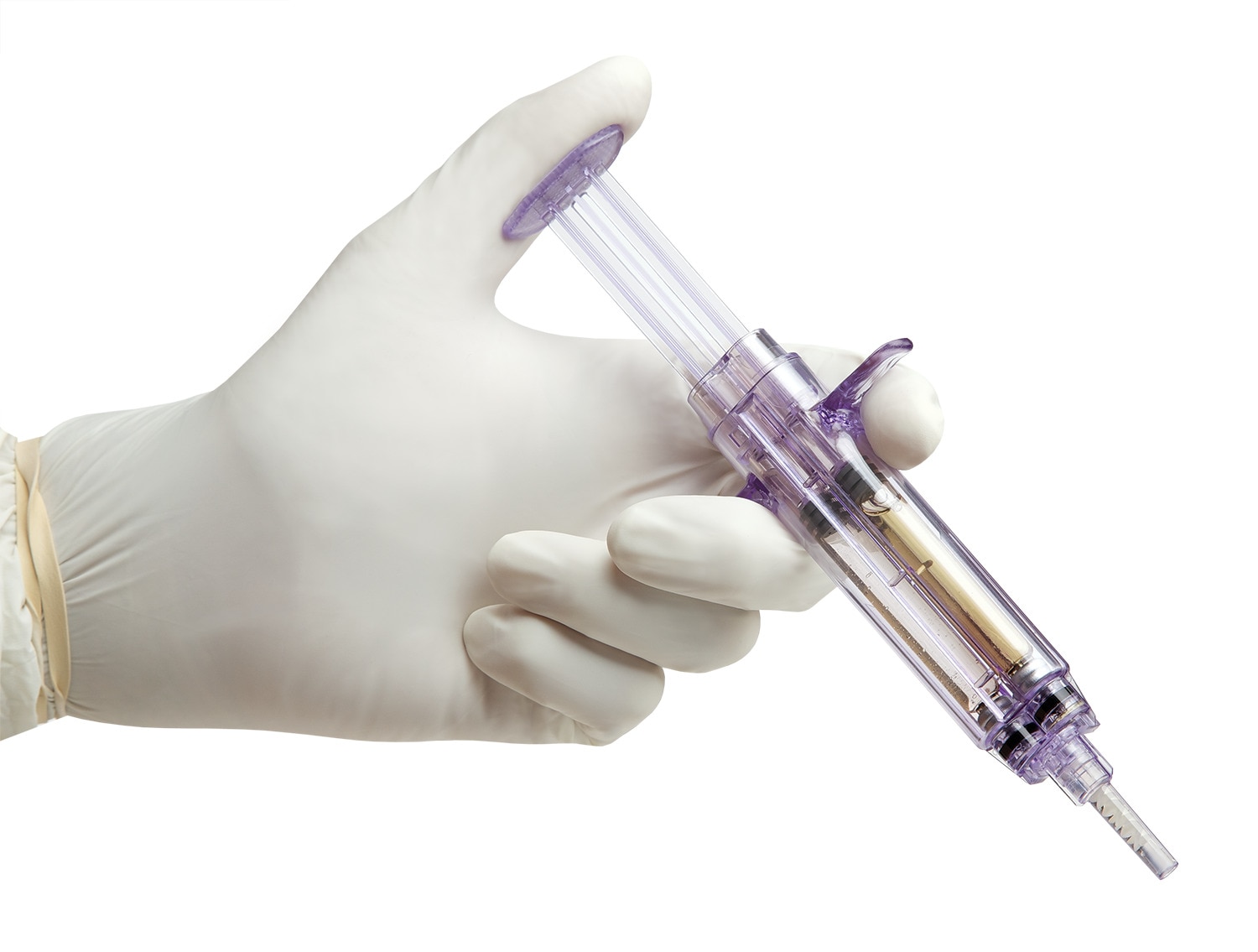

- Overview
- Products & Accessories
What is a Lung Air Leak?
An air leak is when there is a leakage or escape of air from a cavity into spaces that usually do not have air.
What causes a Lung Air Leak?
A lung air leak is often associated with respiratory trauma, and can also be a side effect of invasive thoracic surgery.
What Happens When Air Leaks From the Lungs?
Lung air leaks can lead to vital organs becoming compressed. This affects gas exchange and blood flow processes that can cause tension pneumothorax as well as other life-threatening conditions.
What are Risk Factors for Air Leaks in the Lungs?
Risk factors for air leaks in the lungs include low albumin levels, steroid use, poor nutrition, surgical interventions, and poor diffusion capacity.
How Do I Treat an Air Leak in the Lung?
Depending on the severity and size of the leak, non-invasive methods are used first to treat air leaks. This can include a period of watchful waiting after using a valve to drain the leak or using sealants to form a water seal around the leak site. If these measures fail, invasive procedures such as mechanically sealing the leak can be implemented.
What is a Surgical Sealant?
Sealants are non-invasive medical adhesives that form a barrier to help reduce or eliminate leakage and bleeding by sealing the space and nearby tissues. There is a wide range of sealants available for different procedures. Among the most common types include fibrin, glutaraldehyde-albumin, polyethylene-glycol-based and cyanoacrylates.
At BD, both Progel™ Pleural Air Leak Sealant and Tridyne™ Vascular Sealant are made from a formulation of Polyethylene Glycol (PEG) and Human Serum Albumin (HSA).
Progel™ Pleural Air Leak Sealant
Progel™ Pleural Air Leak Sealant is a single use device intended for application to visceral pleura after standard visceral pleural closure with, for example, sutures or staples, of visible air leaks incurred during resection of lung parenchyma. Progel™ PALS is the only sealant FDA approved and clinically proven to seal air leaks in both open and minimally invasive thoracic surgery. Progel™ PALS is a specialized product designed with a unique combination of strength, flexibility and adherence that allows Progel™ PALS to form strong bonds with the tissue and work with the lung during respiration.
Progel™ Pleural Air Leak Sealant
-
Elastic Strength
- Progel™ PALS combines Polyethylene Glycol (PEG) and Human Serum Albumin (HSA) to form a flexible hydrogel that gels at the tissue site, binding directly to the lung to form an airtight seal.
- Highly elastic formula allows the lung to expand and contract naturally during respiration.
- Progel™ PALS is strong enough to withstand re-expansion of the lung within 2 minutes of application.
-
Easy To Use
- The patented Progel™ PALS Spray Tip allows for customized application from a single, minimally invasive and easy-to-use device.
-
Clinically Proven
- Progel™ PALS is the only sealant clinically proven to effectively treat air leak complications in both open and minimally invasive thoracic surgery.
- Sealed or reduced 96% of air leaks in the OR in a clinical trial of patients undergoing Video-Assisted or Robotic-Assisted lung resection.
- Reduced inpatient length of hospitalization by an average of 1.9 days in a prospective, randomized clinical trial.
-
Cost Effective
- Identifying and treating air leaks intraoperatively provides the best chance for preventing persistent air leak complications and providing incidental cost-of-care savings.
- Reduced inpatient length of hospitalization potentially minimizes associated complications and provides cost-of-care savings.


